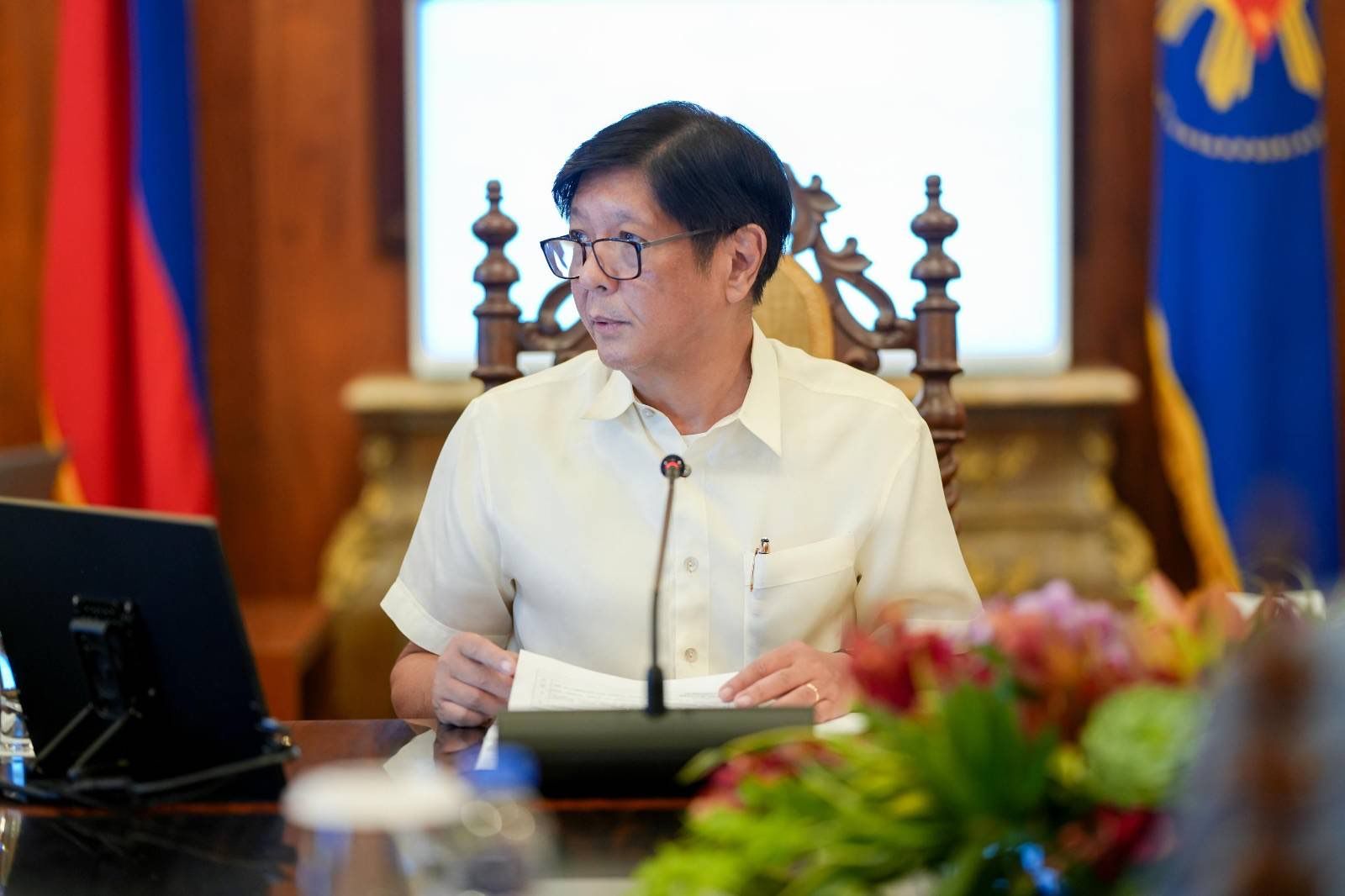Marcos OKs key road project in Mindanao, P27.9-B health system program
President Marcos has approved the Mindanao Transport Connectivity Improvement Project (MTCIP), ordering implementing agencies to "proceed with the project" as much as possible.

Marcos made the approval during the 21st meeting of the National Economic and Development Authority (NEDA) Board, which he chairs, on Wednesday, Oct. 16, in Malacañan.
“It’s one of the main road programs for Mindanao. I think that we should, as much as possible, proceed with the project ... we need to approve,” Marcos said.
Department of Public Works and Highways (DPWH) Secretary Manuel Bonoan said the MTCIP will support the department’s goal to enhance the transport network in Mindanao, benefiting the agricultural sector of the country.
“Mindanao Transport Connectivity Transport Project is part of the master plan for high-standard Highway Network Development Project, which identified major projects that would be developed from north Luzon, central Luzon, Visayas, and Mindanao,” Bonoan said.
“This project should provide high-level traffic services by assuring high speed mobility and safe travel to vital transport socio-economic activities for development of the regions and the country as a whole,” he added.
The MTCIP will also improve the transportation network in Mindanao, facilitate the transport of agricultural goods from isolated areas, preserve the long-term value of road assets, and minimize the expenses associated with routine and periodic road maintenance.
It will also interconnect Northern Mindanao, Davao and Soccsksargen regions.
The project will be funded by the World Bank and will have at least five components before its completion in 2030.
PH health system resiliency project
During the meeting, the President also approved the P27.921-billion Philippines: Health System Resilience Project Phase 1.
The program under the Department of Health (DOH) will enhance health emergency prevention, preparedness, and response in vulnerable areas in the country.
“Maganda ito kasi (This is good because) specific to the Philippines. It’s not a general ... (it is) specific even to the area," Marcos said.
According to Department of Health (DOH) Secretary Teodoro Herbosa, the program will rebuild a resilient health system, supporting the vision outlined in the Philippine Development Plan 2023-2028.
It is also geared towards building an enabling environment, project management, monitoring and evaluation, and Contingency Emergency Response Component (CERC).
It will prioritize areas in the country with poor access to healthcare. The DOH has already identified 17 provinces for its pilot run.